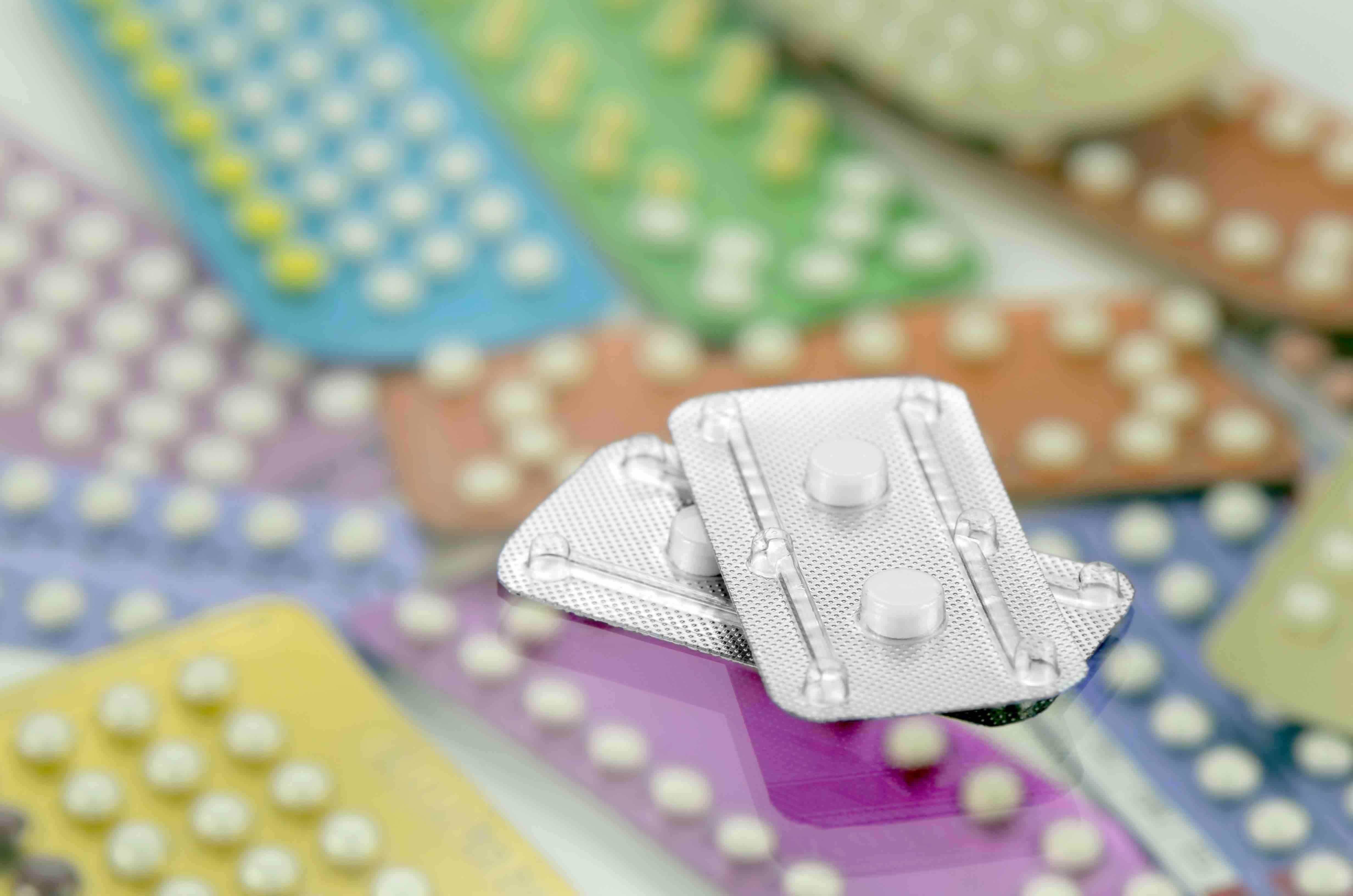For 10 years, the emergency contraception pill has been illegal in Honduras, a country with one of the strictest abortion laws. In 2009, then-president José Manuel Zelaya Rosales vetoed a bill that aimed to ban the Píldora Anticonceptiva de Emergencia (PAE), but after he was forced out in a coup, the pill became illegal. With the ban, there’s been a rise in misinformation about the morning-after pill, including statements from former Minister of Health Mario Noé Villafranca, who has said it negatively affects women’s health. But the reality is that this ban is what truly hurts women, which is why Honduran activists are now launching Hablemos Lo Que Es, the first large-scale campaign to call for the legalization of emergency contraception is one of the few countries – and the only one in the Americas – to ban this fundamental reproductive right.
“We’re really excited in Honduras about the campaign Hablemos Lo Que Es,” said Ana Falope, a 29-year-old activist who’s a member of Grupo Estratégico por la PAE (GEPAE). “In Honduras, unfortunately, we don’t count on sex education… But all the youth should know, especially since they’re most affected, specifically the women, because in Honduras, they’re violating our reproductive right.”
With women facing punishment – three to six years in prison – for seeking abortions, the morning-after pill is necessary. But instead, women – including those who are victims of sexual abuse – are punished because the rules in the country are so strict. A year after the government banned PAE, births in Honduras increased 20 percent.
Though the pill is illegal, it is sold on the black market, which means that many women – especially those without the economic means – are shut out.
“Truly, we don’t have a government that is interested in the topic of sexual and reproductive health,” added Julissa Rivas, a 24-year-old feminist and member of GEPAE. “We’re putting our hopes in this campaign. We hope it’s effective, that the government stops turning a blind eye [to this issue]. There’s no protocol for a victim of rape to have emergency contraception, and they’re killing us by forcing us to give birth.”
With this campaign, activists hope to fill the internet with trustworthy information. They launched a site, which gives information about PAE, dispels misinformation, and encourages others to pass along the information. They’re calling on allies to tweet about Habelmos Lo Que Es, so that they can build momentum.
“For me, it would be an incredible victory [to reverse the ban],” Falope added. “It’s already been 10 years. This year, we’re celebrating 10 years since the prohibition went into affect, [it’s 10 years] where there’s a clear violation of women’s rights, where there’s a violation against the youth, where the state doesn’t protect women because it doens’t provide sexual education, but also keeps us from exercising our rights.”
